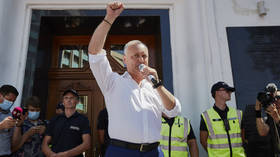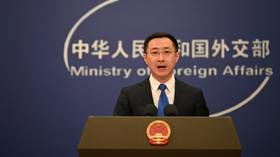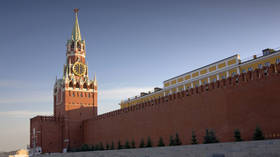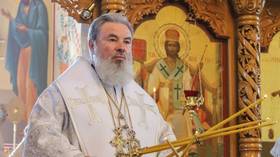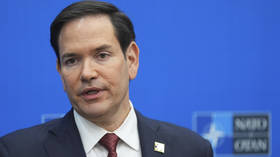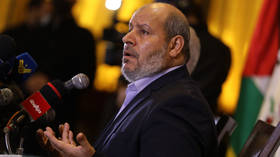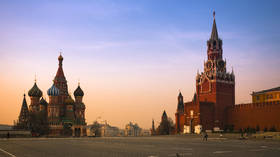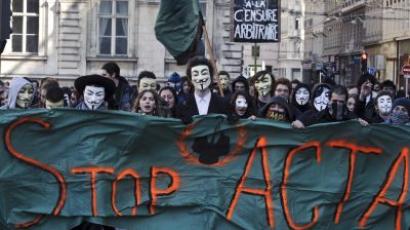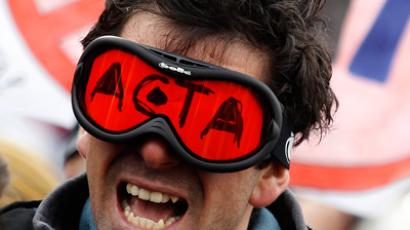Free cyberspace: Netizens propose new Internet Freedom Declaration
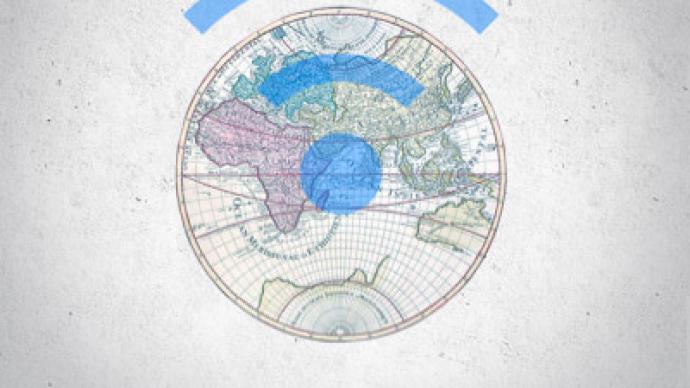
A number of international organizations such as Amnesty International, Mozilla, Hackers and Founders have signed the Internet Freedom Declaration, a document that calls for, among other things, Internet openness, access and privacy.
Today, 35 percent of the world’s population is online. The Internet is an integral part of society and has affected almost every aspect of our cultures and lives. But what many fear is that with the introduction of new regulations, the most open and some say democratic form of communication available today will become a fragmented ghost of its former free self. That’s why back in January millions came together to protest the Protect IP and Stop Online Piracy Acts (PIPA and SOPA). The two bills never made it past US Congress after over 100,000 websites and 7 million users signed petitions, organized blackouts and used every available means to demonstrate the acts’ faults.While no one disputes the need for some control over the information available online, what most people are concerned about is how the proposals – SOPA, PIPA and the most recent additions, ACTA (Anti-Counterfeiting Trade Agreement) and CISPA (Cyber Intelligence Sharing and Protection Act) – basically spell out the end of online freedom. That’s why a group of more than 100 organizations, businesses and individuals put the declaration online, even creating a special subreddit on Reddit.com in the hopes of sparking a global discussion. The goal of the declaration, according to some of those who have signed it, is to achieve broader public support and understanding of Internet freedom principles, not merely to avoid mishaps like SOPA in Congress.Josh Levy, an Internet campaign director from the Free Press, says “what’s great about this is that while we all have our different needs and strategies and desires, we’ve come together around what we understand to be our ultimate goals." The groups involved in creating the declaration have different policy objectives, and will continue to pursue them in their own ways but Free Press plans to enlist the public to support the declaration’s principles. Its goal, Levy says, is not to get a new law passed around the declaration, but to mobilize people and thus engage policymakers on Internet freedom issues.
The Declaration of Internet Freedom:We stand for a free and open Internet.We support transparent and participatory processes for making Internet policy and the establishment of five basic principles:Expression: Don't censor the Internet.Access: Promote universal access to fast and affordable networks.Openness: Keep the Internet an open network where everyone is free to connect, communicate, write, read, watch, speak, listen, learn, create and innovate.Innovation: Protect the freedom to innovate and create without permission. Don't block new technologies, and don't punish innovators for their users actions.Privacy: Protect privacy and defend everyone's ability to control how their data and devices are used.



